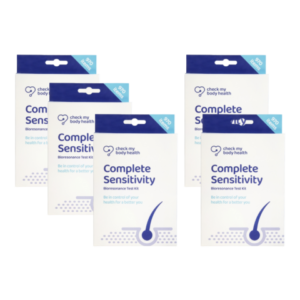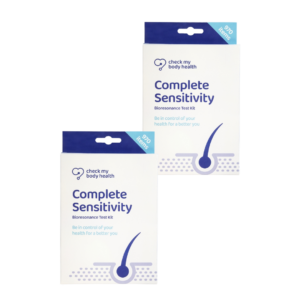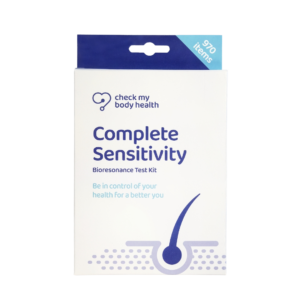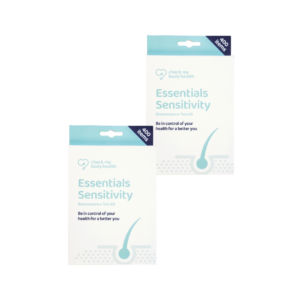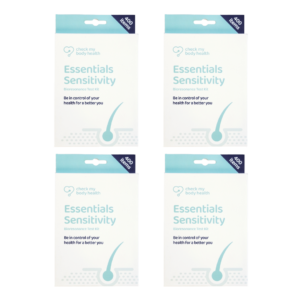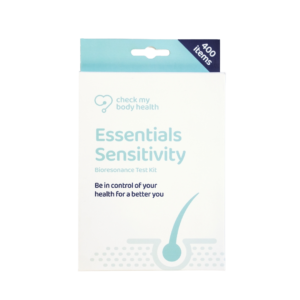Many women await this transition in their lives with fear and trepidation as to what will be happening to their bodies, and even their minds. Women cannot avoid this when natural menstrual cycles are ceased, but the symptoms and effects can vary considerably. You are considered to be in the menopause once your periods have stopped for 12 months. There is no definite start or finish to the menopause – symptoms can last for a few months, but also continue for several years, making this a difficult time to get through.
A cleverly thought out diet may assist you in progressing through this potentially difficult stage of your life, so it is always worth a try to change the pattern of what you are consuming. However, there is no ‘cure all’ during this transition, simply a relief from some of the more upsetting or uncomfortable symptoms.
During the menopausal time of life, the decline of the hormone oestrogen will potentially throw your body into chaos as your normal patterns will be disrupted and have a huge impact on your metabolism. Some suffer more than others, it must be said, but a relatively common factor from decreased oestrogen can be weight gain, which needs to be addressed in order to prevent other serious illnesses. Other problems include a decline in bone density, potential high blood pressure, possible heart issues, sleep deprivation, higher risk of breast cancer and hot flushes. However, many women do not experience any of these and sail through the menopause and later life with no problems. Just be aware that some of these may occur and cause you to become upset or stressed.
Early menopause is less common but not impossible before the age of 45. If you happen to be unlucky and hit an early menopause, diet from then on will be even more important, as you will feel you are still in the prime of your life.
What foods should I eat, and how will they relieve menopausal symptoms?
If we look at the potential problems and symptoms, it is then easier to look at what foods may help you. If you have a clean bill of health in other respects, try these additions/changes. If you have health issues, you do need to consult your medical practitioner to ensure that any changes will not affect existing illnesses.
- Hot Flushes – experienced by many women and can be quite distressing, particularly for the working woman if it causes embarrassment in the workplace. It is a sensation that comes over you quickly, can cause a red ‘blush’ and a bit of perspiration. Surveys have shown that a healthy plate of food containing plenty of vegetables, fruit, fibre and soy can decrease the effect of these flushes. There is also some survey evidence that a diet high in omega-3 fats could decrease the severity of hot flushes and night sweats. Omega-3 fats are present in oily fish and some seeds, such as flax, chia and hemp seeds.
- Bone Density – a more alarming problem as this can cause damage to the skeletal structure and weakness that may result in easy breakages and falling. Dairy products (both animal and dairy protein content) consumed both before the menopause and during, should go some way to alleviating this problem. Milk, cheese and yoghurt contain vitamins D & K, calcium, magnesium, phosphorus and potassium which are known to be essential in healthy bone growth.
- Sleeplessness – once again, dairy consumption may also improve the quality of your sleep. An amino acid called glycine found in milk and cheese appears to accentuate a much deeper sleep in those in the menopausal period.
- Hypertension (high blood pressure). As well as many other health benefits, red and blue coloured berries (in other words dark berries) prove to be a significant part of any diet. In a controlled survey, a diet containing dark berries over an 8-week period lowered blood pressure. Strawberries, raspberries, blueberries, blackberries and blackcurrants certainly fit the bill, fresh, frozen or freeze-dried.
- Dehydration. Quite often thirst increases during the menopause and post menopause. It is best to check out that this is not caused by another disease, such as diabetes. In any case, drinking plenty of clean water will improve flushes and ensure that all nutrient intake is transported through the blood to the cells and organs.
I eat a lot of protein-rich foods – is this ok?
Any woman going through the menopause should benefit from protein-rich foods to maintain muscle mass and bone structure. Once again, any changes in dietary behaviour should be checked out with your doctor. The protein can be derived from meat, fish, dairy or legumes, but in case of deficiency, you can top up with a supplement such as a protein powder to use in shakes or smoothies.
Summary
There is no doubt that certain foods can be beneficial to those suffering from the menopause, but before considering dietary changes or HRT (hormone replacement therapy) a word with your doctor is highly recommended. He/she may well suggest a nutritionist or dietician who will be in a better position to answer your questions and suggest natural nutritional therapy before resorting to drug-based therapy. It may well be that this is a good plan of action and may serve to resolve any menopausal issues. However, a check on progress should be a regular occurrence in order to avoid any serious issues.


